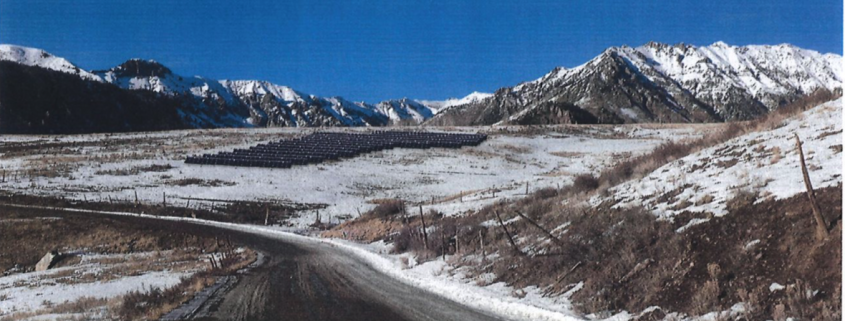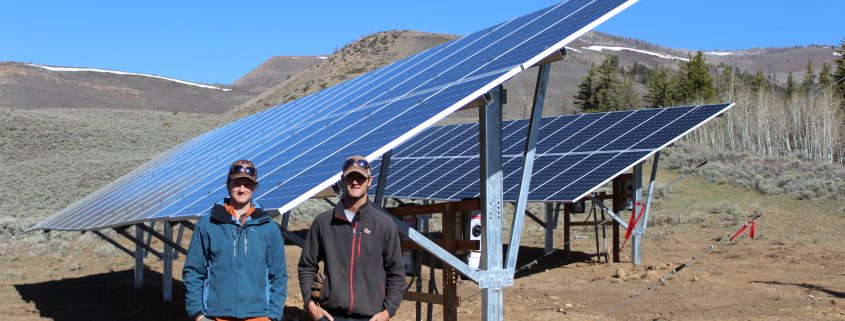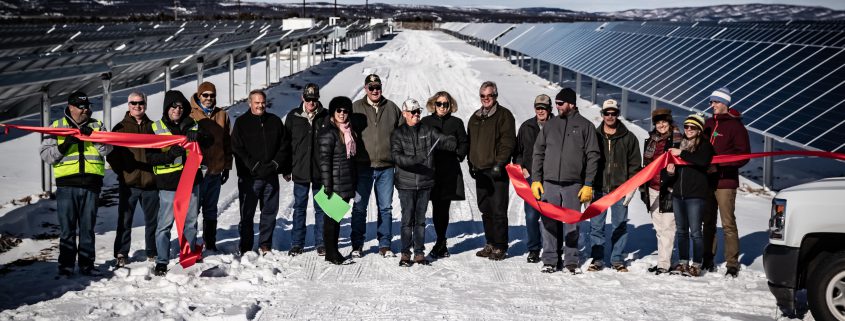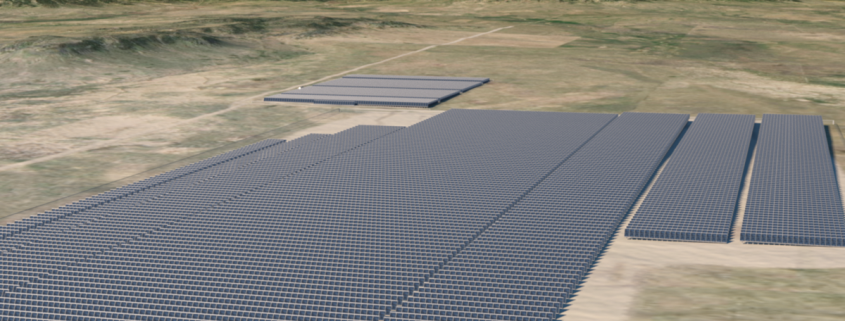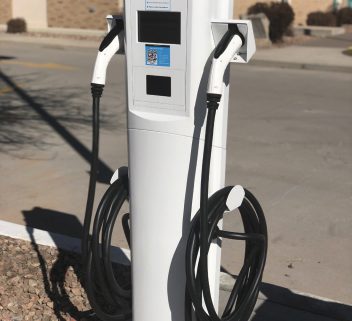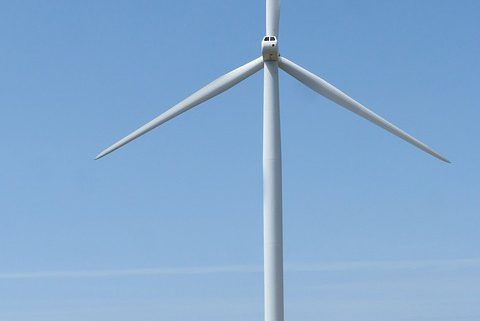Empire Electric Holds Popular Recycling Event
For 12 years, Cortez-based Empire Electric Association has held a refrigerator/freezer recycling event for members to turn in up to two inefficient units to receive a $60 credit on their electric account. EEA pays the recycling costs at Montezuma County Landfill, Bob’s Place and the Dove Creek Transfer Station where certified recyclers remove the Freon from the units and dispose of the remaining materials.
Bobbe Jones with Empire Electric states that “The total units recycled to date over the life of the program is 2,813, with a total refund to consumer-members of $139,280.” Empire averages 234 units recycled each year.
Through this innovative program, the electric co-op helps members get rid of old, inefficient units in a safe and environmentally-friendly manner. Many of these units are replaced with new, more efficient appliances that save energy —as well as money — for the members.
It has been a successful program for EEA and has been replicated by other Colorado electric co-ops.



